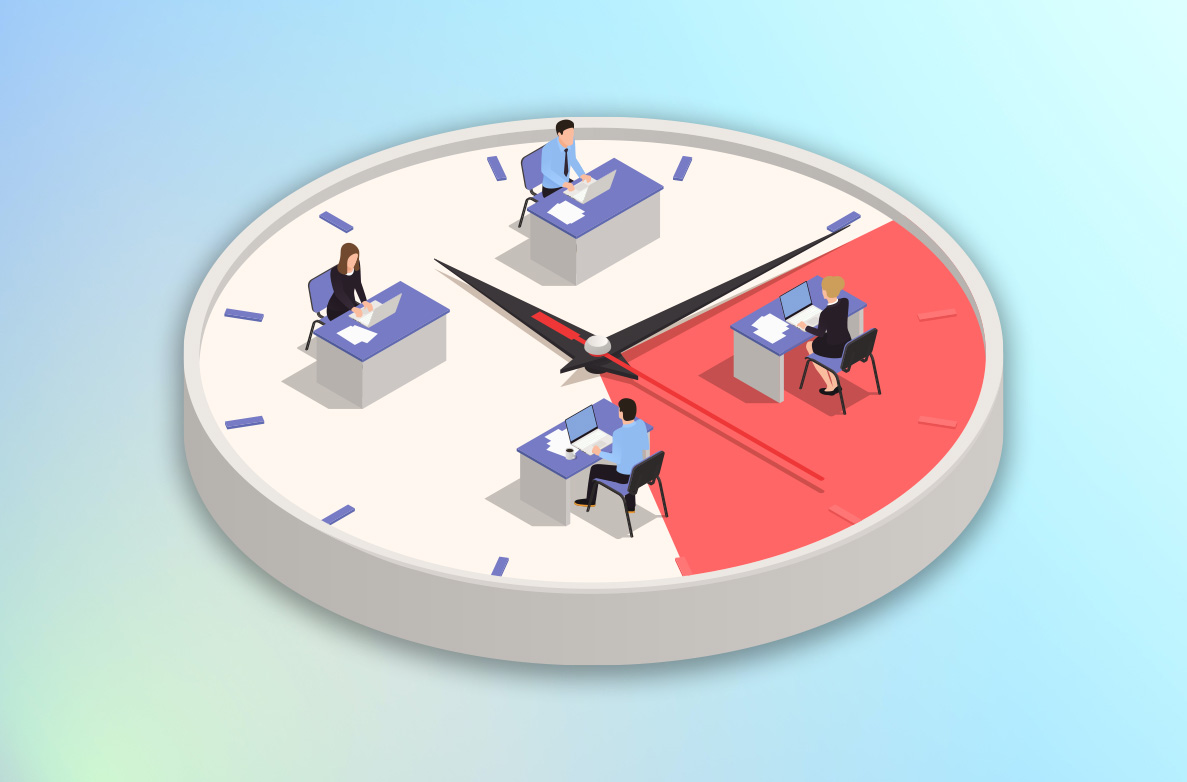Emerging Tech 3 years ago
It’s a Revolution; and Legal Billing Technology is Leading it!
Thanks to the Internet and a healthy dose of disruption aided by the advancements in legal and justice technology, better transparency when it comes to legal billing has become the mandate of the day

We’ve all heard the joke, or at least some version of it: a lawyer dies, arrives at the pearly gates and joins the long line to heaven. St. Peter sees him, rushes to greet him and takes him to the front. When the lawyer asks St. Peter why he gets the special treatment, St. Peter replies, ‘Well, because of seniority. You see, I’ve added up all the hours for which you billed your clients, and by my calculation you are about 193 years old!’
It’s unfortunate, but the joke is funny because it rings a little too close to the truth. In the past, lawyers and law firms have been allowed a relatively free reign when it comes to billing clients for their services. We’ve all heard horror stories of flagrant billing practices. But, as mentioned earlier, that’s in the past. Recently, thanks to the Internet and a healthy dose of disruption aided by the advancements in legal and justice technology, clients seeking legal services have become more savvier; and better transparency when it comes to legal billing has become the mandate of the day.
Over twenty years ago, almost as if, predicting the future and safeguarding the profession from itself, the American Bar Association introduced task-based billing codes for litigation. Together with the Legal Electronic Data Exchange Standard (LEDES) – an international, voluntary, not-for-profit organisation charged with creating and maintaining open standard formats for the electronic exchange of billing and other information between corporations and law firms – the task-based coding system, dubbed the Uniform Task-Based Management System (UTBMS), addressed and countered some of the more serious issues surrounding the then existing billing systems. UTBMS enabled coding frameworks that allowed clients and law firms to track their legal work based on specified categories, while LEDES set the standard formats for electronic invoices. And those were just the first steps to what would eventually be a full-blown revolution!
Today, with more advanced technology and more standardised mechanisms in place, tech-enabled billing systems, i.e. legal billing softwares have become quite the norm. It has been proven time and again that standardised systems protect the interests of clients, yes; but tech-enabled standardised systems also value the lawyers’ efforts and ensure higher productivity. Today, it is a widely accepted fact that investing in billing software for law firms makes a huge difference in how they spend their time, money and effort and how they mitigate risks and errors. Equipped with a whole range of customisable features, the legal billing softwares available today can create branded invoices, customise billing plans, accept digital payments, and when integrated with the law firms’ accounting and case management programmes, they can prove to be absolutely indispensable. Legal billing technology has enhanced the very nature of the profession and has made sure that by purpose and by definition, the law remains equitable, inclusive and accessible to all.



